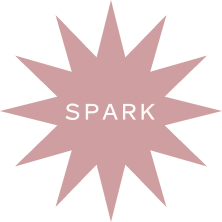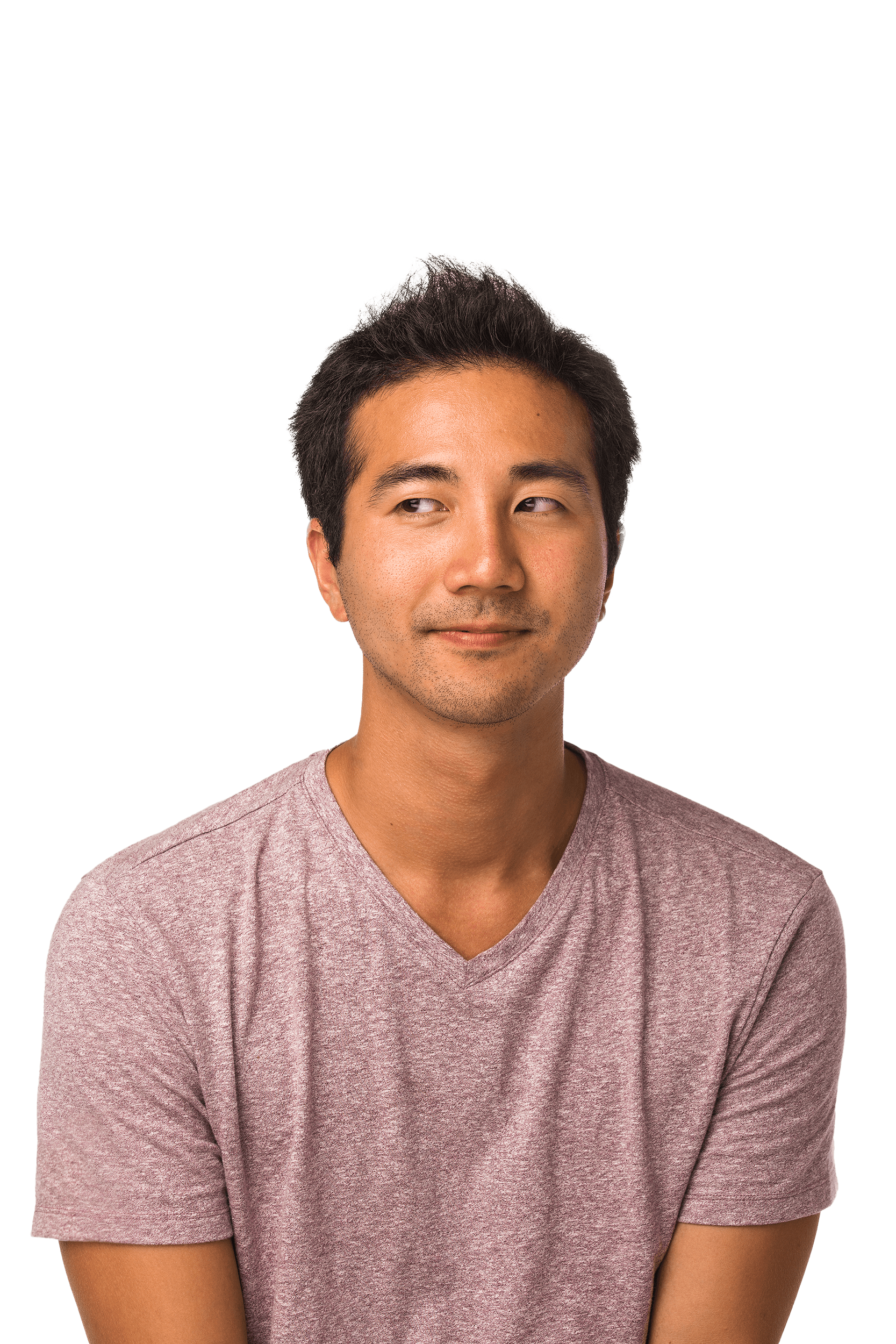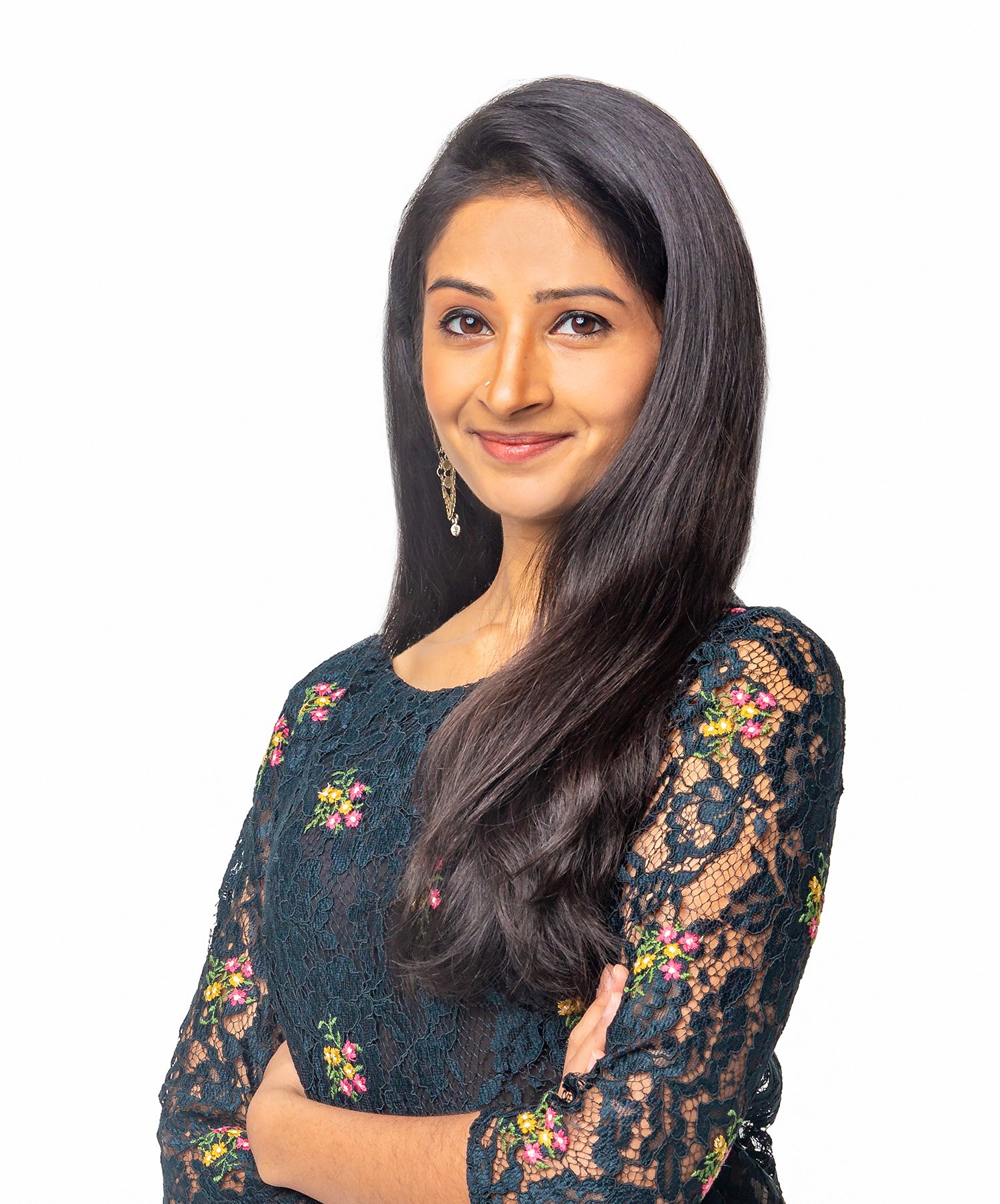I am a
NEUROBIOLOGIST
At HARVARDRyoji Amamoto, PhD
This scientist was part of our original collection.*A few features may be different.
RYOJI
AMAMoTO
He/Him
“I enjoy the little things in science. Every day it’s important to have something that you’re excited about going to work for.”
Dr. Ryoji Amamoto hated science in high school.
And who could blame him? He didn’t learn to speak English until he was in the third grade when his family immigrated from Japan to Chicago. He overcame the language barrier by relying on his competitive nature and athleticism to connect with his peers. In between volleyball and basketball, he learned the classic guitar and fed his curiosity by exploring philosophical questions on his own time. He was a born-adventurer — drawn to novelty and discovery — so when his science classes pushed for dull memorization of facts and figures, he didn’t take to it.
As soon as he could, he began to hike, backpack, and wander his way around the world. He was looking for a career path that would somehow satiate his ambition, feed his mind, and meet his love of a good challenge, all without getting in the way of his wanderlust. Driven by his fascination with people, he enrolled in psychology classes and finally got a taste of what it was like not to learn science, but to do it. That led to a neuroscience class, which led to a genetics class, which led to working in a research lab for the first time.
As it turned out, he was made for this. Science in the real world is more about curiosity than memorization, more about discovery than facts, and more about drive than so-called “smarts”. Despite the public conception of scientists as “lone genius” types, he realized that research is more about practice, overcoming challenges, and adaptability — it was the one team sport, the one adrenaline rush, that he’d been missing.
Today, Dr. Amamoto sees science as one of the greatest adventures of his life, and like everything else that he does, he’s made it his own. He studies organisms that are able to regenerate their brains in hopes of learning how to treat neurological diseases, like Parkinson’s. He works to improve inequities in science and bridge gaps between the lab and the kids out there who — like him — may not know what science is really about. He’s traveled for training, conferences, and fellowships, fitting in scuba diving or a pick-up game in between the data. The lab has become his dream playground, an opportunity to ask new questions and push boundaries for a living, all while not having to memorize a thing.
Notable Accomplishments:
PhD in Developmental and Regenerative Biology from Harvard University
Fulbright Scholar to Switzerland
The
basics:
Expertise: Neurobiology; Regenerative Medicine; Genetics
Title: Post-doctoral Fellow
Institution: The Cepko Lab, Department of Genetics, Harvard Medical School
I am an adventurous sports fan studying how brains grow and regenerate.
PHILOSOPHY
•
ADVENTURE
•
VOLLEYBALL
•
CLASSICAL GUITAR
•
PEOPLE WATCHING
•
PHILOSOPHY • ADVENTURE • VOLLEYBALL • CLASSICAL GUITAR • PEOPLE WATCHING •
things I love:


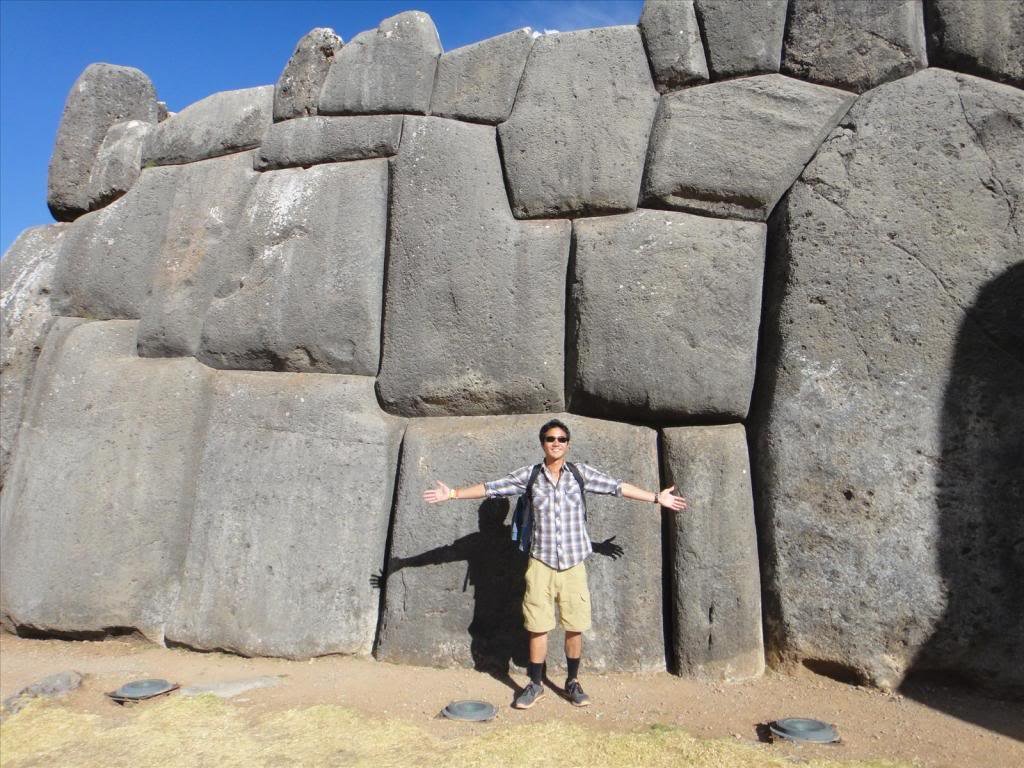

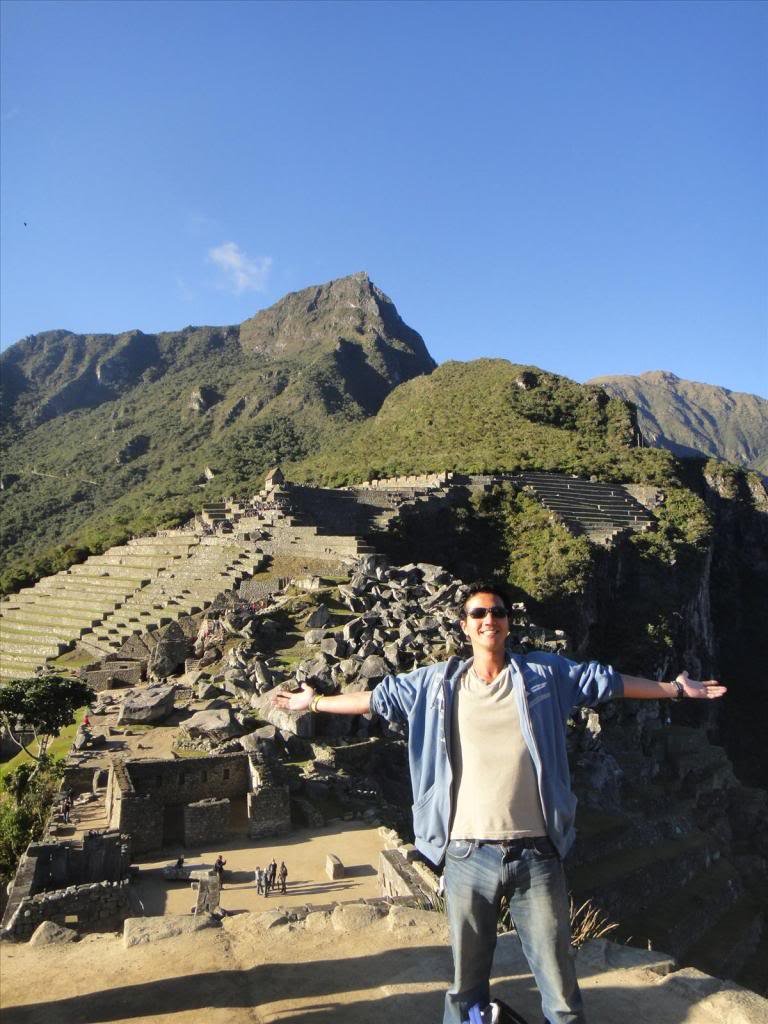
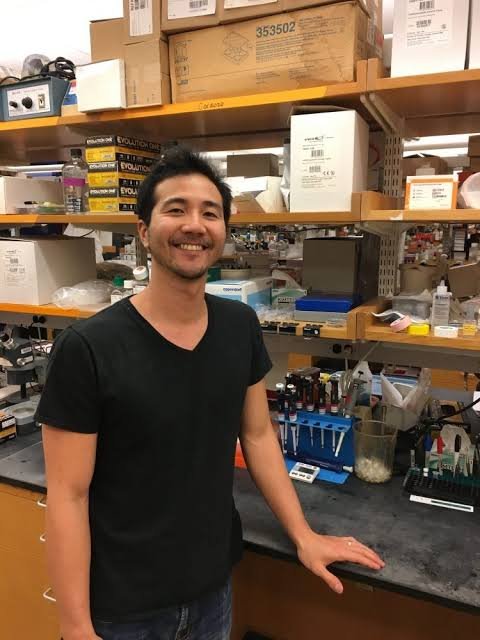
WHAT I DO
i am a NEUROBIOLOGIST
I study the nervous system, including nerve cells and the way they interact.
I work in a lab.
I’m a post-doctoral researcher at Harvard Medical School where I work in a lab filled with powerful microscopes, lots of computers, and plenty of water for the salamanders and zebrafish.
i study tiny brains.
I study the tiny but amazing brains of animals that have a superpower — the ability to regenerate.
I learn what factors help brains regrow.
I learn what those factors are so that we can try to treat diseases (like Parkinson’s) and damage (like concussions) in the human brain by regrowing or reconnecting our own lost neurons.
MY WHY
In humans, when brain cells die, the brain sometimes loses its ability to function properly and there’s very little we can do to fix it.
I WANT TO KNOW:
How is it possible for some animals to regenerate broken limbs and organs?
Can we find a way for humans to regenerate their own brains?
MY ADVICE
a little about me
I’m a licensed scuba diving, but a terrible swimmer.
I’ve travelled to over 40 countries.I love to hike and ski. I play the classical guitar, especially classic rock and oldies. I’m a big sports fan, particularly the Chicago Bulls. I hated science in high school. I moved to the US when I was 8 and couldn’t speak the language.
MY PATH TO SCIENCE
Moving to the USA
I lived in Japan until Age 8 when my family moved to Chicago. I didn’t speak English and had to overcome a language barrier in my classes and with my peers. As I grew older, my family continued to speak only Japanese in the house, so I had to learn to code switch between the person I was at home and the person I was at school.
High School Sportsfan
As the youngest of three siblings, I was always competitive and got very involved in basketball and volleyball. My first job was refereeing little kids’ soccer games and volleyball. I loved math and to think about big questions, but didn’t like science classes because of all of the memorization.
Discovered Biology
I took a Biology class that inspired me to learn more about the sciences. I realized real world science was very different than what I thought, and started working in the research lab. They didn’t have a neuroscience major so I made my own and called it “Clinical Neurobiology” because it sounded cool. I worked as a desk clerk and started saving for graduate school. It wasn’t until later that I realized that most PhD programs will actually pay you to attend. I realized that there were programs that let you travel around the world to study science, so I started applying to international fellowships.
Fulbright & Graduate School
I was awarded a Fulbright Scholarship to travel to Switzerland and study neurobiology after graduating college. I decided to take 2-3 months off first to backpack across Europe. By the time I returned to US to attend graduate school, I had been to over 40 countries! I became more interested in regeneration and learning how bodies heal themselves. At the same time, I became the Captain of the Harvard Club Volleyball team.
Became a Post-Doctoral Fellow
After getting my PhD, I joined a new lab to continue learning about how all of our neurons develop while we’re embryos and how our experiences affect the way our brains grow. I’m working to understand what we can do to repair our brains when they become injured or diseased. I also volunteer to teach kids about science and believe it’s important for scientists and the public to have more conversations with each other.
I study neuroscience
A neurologist is a medical doctor with specialized training in diagnosing, treating, and managing disorders of the brain and nervous system.
INTRODUCING
REGENERATION
What is regeneration science? Why does it matter?
Most of us have heard that a sea star can regenerate a lost limb, or that a gecko can regrow a lost tail. But did you know that every species, from bacteria to humans, is capable of regenerating tissue after damage? This is the business of regeneration science and it is an incredibly important function for all biological beings. Whether it be regenerating skin after scraping your knee or regenerating brain tissue connections after a severe concussion, it is important that we understand how our tissue can regenerate itself to keep us whole and well.
The science of regeneration in humans has looked at how organs as complex as the bladder or liver can grow and regenerate themselves after injury. Fingertips can grow back after being cut off and even ribs can regenerate over a longer time frame. Some organs, like the liver, regrow well on their own while others, like the spinal cord, require the addition of stem cells or drugs to facilitate regeneration. The most basic form of regeneration in humans involves the continual replacement of red blood cells, which only live for about ninety days in the body. On the more complex end, research on brain regeneration, also called neurogenesis, is very new but showing some promise for individuals who have suffered damage to this most important of organs. This could lead to very promising insights for healthcare and the treatment of disease.
Career Resources
Every scientist’s path is unique, and the right resources can make all of the difference. Below are a selection of resources that may be helpful for those who are interested in areas of science that are related to Ryoji’s work.
“I thought it was a big privilege to be able to have a playground to make discoveries and still get paid for it.”
— Ryoji amamoto
KEEP EXPLORING
Here are some resources we recommend for diving deeper into themes from this story.
Human Sciences
FIELD GUIDE
coming soonView more related scientists:
Looking for teacher resources?
PHOTOGRAPHER: Erica Derrickson • Boston, MA© 2024 THE PLENARY, CO. ALL RIGHTS RESERVED. TERMS. PRIVACY.This is a brand new site! See an issue? Let us know.

